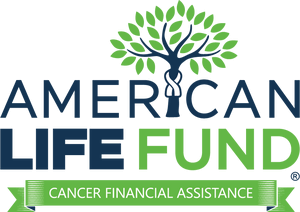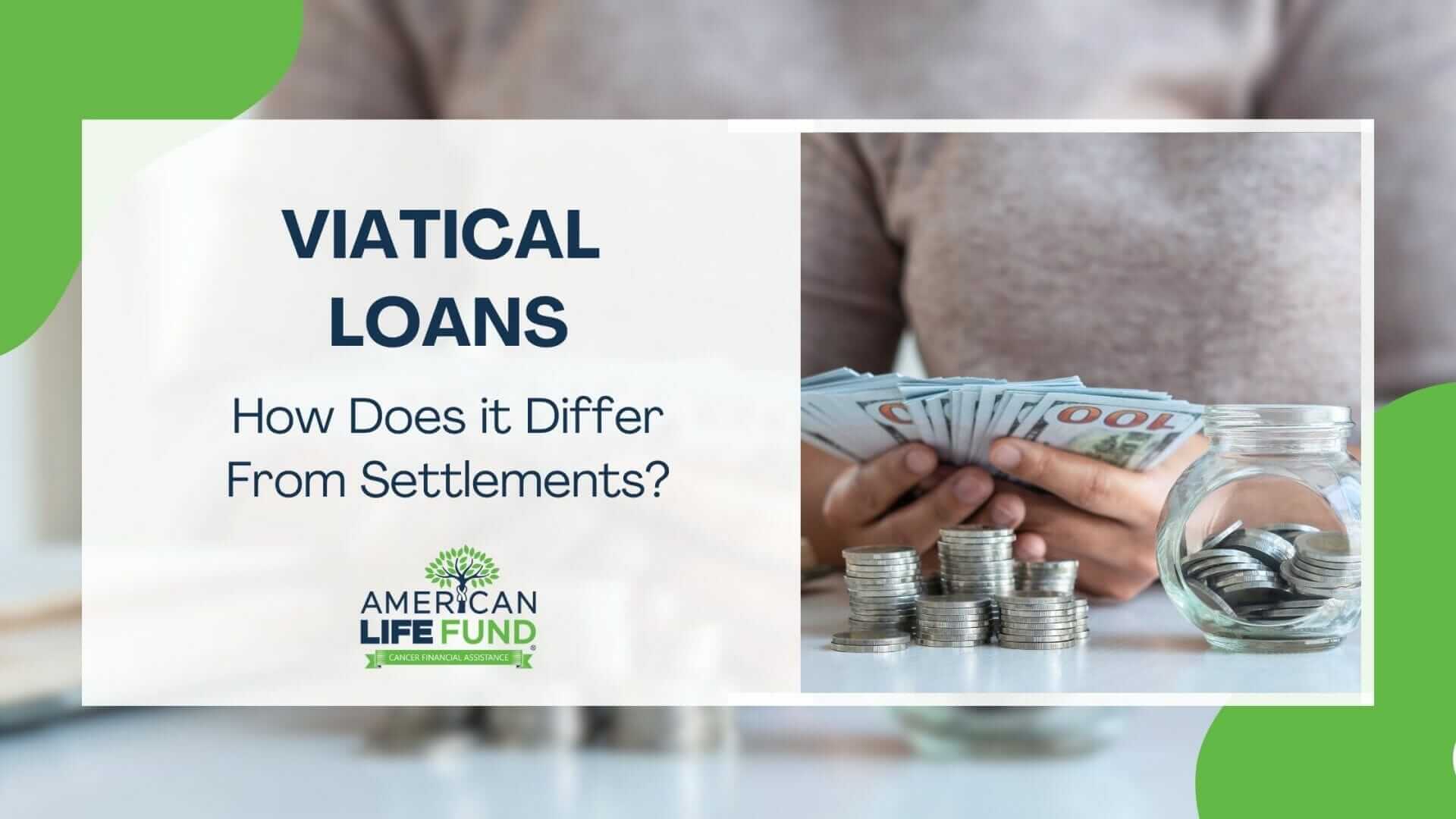Yes, you can sell your whole life insurance policy for cash through a process called a life settlement. This means you sell your policy to someone else who will then pay the premiums. In return, you get a lump sum of cash right away. However, this also means you give up any future benefits that would have gone to your family after you pass awa
Life settlements are most commonly chosen by individuals over 75 or those facing serious illnesses, but they come with a trade-off: you forfeit any future benefits your family would receive after your passing.
Making this decision can significantly impact your financial security and your loved ones, so consulting with a financial advisor is important to weigh your options and make sure that it’s the right move for your circumstances.
How to Sell Your Whole Life Insurance Policy
To sell your life insurance for cash is a new opportunity for some. If you’re interested in selling your whole life insurance policy, the first step is to contact a life settlement company.
Signing a contract is next once you’ve found the perfect life settlement company. This contract will outline the terms of the sale, including the purchase price and the transaction date.
Once the life settlement contract is signed, the buyer will pay you the purchase price and take responsibility for paying the premiums on your policy. You forfeit any death benefits your beneficiaries would have received when you sold your policy.
If you are a Federal Employee and have been looking to sell your Federal Employee Group Life Insurance or FEGLI policy, check out our blog post
Considering selling your whole life insurance policy, weigh all the pros and cons before deciding. Selling your policy is a big decision, and ensuring you’re doing what’s best for you and your family is important.
Contact American Life Fund
Selling an insurance policy can be daunting, but you deserve to know all your options. At , we are a Life and Viatical settlement company. If you have any questions about selling a whole life insurance policy, contact us!
We will be happy to help answer any questions you may have.
How Much Can I Sell My Whole Life Insurance Policy For?
How much you can receive from your whole life insurance policy greatly depends on the buyer, the policy’s face value, and the cash value.
Face value in life insurance refers to the amount of coverage provided by the policy, typically the sum paid out to beneficiaries upon the policyholder’s death.
Cash value in a life insurance policy is the accumulated amount within it, separate from the face value, that policyholders can access during their lifetime through withdrawals or loans, providing a flexible financial resource.
Before you sell your policy, there are some important things to know. Generally, if you are over 75 and have a face value of at least $200,000, you may be eligible to sell your life insurance policy for cash. If you’re not 75 or older, you must be diagnosed with a serious illness such as cancer or ALS.
Some life insurance policies may be worth more than others due to the type of policy, premium amount, and death benefit. . For example, a life insurance policy with a higher face value will likely sell for more than a life insurance policy of a lower amount. Alternatively, since the company buying the policy takes over the premium payments, the more expensive the premiums, the less a policy might be worth.
Understanding the Value of Your Life Settlement
When looking at the possibility of a life settlement, you might have come across online calculators designed to predict your potential payout. However, these calculators often provide misleading estimates as they rely on minimal data. Instead, let’s dive into the key factors that genuinely influence the cash amount you could receive from selling your life insurance policy.
Factors Influencing Your Life Settlement Value:
- Life Span Prediction: The expected lifespan of the policyholder plays a crucial role. Our skilled underwriting team assesses this based on health status, lifestyle, and age. Typically, a longer projected life span means the life settlement provider will anticipate paying more premiums over time, which could decrease the settlement value.
- Policyholder’s Age: Generally, older policyholders might receive a higher settlement offer than younger ones with equivalent health and policy conditions. This is due to the direct relationship between age and anticipated premium payments.
- Health Condition: The current health of the policyholder is an important part in the valuation process. Any changes in health since the policy was first issued could significantly affect the settlement’s value. Better or worse health could influence the expected lifespan and thus the settlement price.
- Premium Schedule: The original terms of your policy set out your premium obligations. These details, including any future rate increases, play a part in determining how much a buyer would be willing to offer for your policy. Higher ongoing costs could lower the settlement amount.
- Anticipated Premium Payments: Based on the premium schedule and the insured’s expected lifespan, the settlement provider estimates the total premiums payable to maintain the policy. An increased premium forecast reduces the settlement provider’s offer.
- Policy Size: The face value of your policy directly impacts your potential payout. Larger policies typically lead to larger settlement amounts, as payouts are often a percentage of the policy’s total value.
- Type of Policy: While most life insurance policies are eligible for life settlements, the specific type of your policy can affect both your eligibility and the amount you can expect from the sale. Different policies come with varying structures and benefits, influencing their value in a life settlement.
American Life Fund’s Approach to Maximizing Your Settlement:
At American Life Fund, we understand that dealing with life settlements and all the specific jargon can be complex. That’s why we’re committed to providing clear, honest, supportive guidance through each step. By considering all the above factors, we aim to maximize the value of your policy, ensuring you make an informed decision that aligns with your financial goals.
If you’re considering a life settlement, contact us to explore your options and discover how we can assist you in this important financial decision.
What Type of Whole Life Insurance Policies Have a Cash Value?
Selling a life insurance policy to a third party is not necessarily straightforward because not all whole life insurance policies have a cash value, but some do. Permanent life, universal life, indexed universal life, and variable universal life insurance policies are all types of whole life insurance with a cash value.
Permanent Life Insurance Policy
Permanent life insurance policies, such as whole life and universal life, have a cash value that can be used for various purposes. The cash value of a permanent life insurance policy grows tax-deferred and can be used to cover the cost of premiums or withdrawn for other purposes.
Universal Life Insurance Policies
With a universal life policy, the cash value grows tax-deferred and can be used to cover the cost of premiums or withdrawn for other purposes.
Indexed Universal Life Insurance Policies
Indexed universal life insurance policies offer the potential for cash value growth based on the performance of a stock market index, such as the S&P 500. The cash value of a variable universal life policy can fluctuate based on the performance of the underlying investment account.
Variable Universal Life Insurance Policies
Variable universal life insurance policies offer the potential for cash value growth, but the cash value can fluctuate based on the performance of the underlying investment account.
Getting More Money From Your Whole Life Insurance Policy Through a Life Settlement
You may want to consider a life settlement to get more money from selling your whole life insurance policy.
Some factors that help to get more for the premium you receive if you sell your life insurance policy for cash are:
- If your policy has a high face value
- Your age and health
A life settlement is when you sell your life insurance policy to a third party for more than the surrender value but less than the death benefit.
Surrender value is the amount a policyholder receives from the insurance company if they decide to terminate their life insurance policy before it matures or the insured event occurs, essentially cashing in early on a portion of its value.
Death benefit is the sum paid out to the beneficiaries of a life insurance policy when the insured person passes away, offering financial support and security during a challenging time.
Getting More Money From Your Whole Life Insurance Policy With a Viatical Settlement
When to sell your life insurance policy at the right time is a difficult moment to recognize. You may be eligible for a viatical settlement if you have a life-threatening illness and thus able to give yourself more options. A viatical settlement is for policyholders with life-threatening illnesses of any age. In a viatical settlement, the insured sells their life insurance policy to a third party for more than the surrender value but less than the death benefit.
The money you receive from a viatical settlement can be used to pay for medical bills, other medical expenses, living expenses, other costs associated with a serious illness, or give you peace of mind with a “safety net.”
Generally, you will get more money by selling your insurance policy with a viatical settlement than a life settlement.
Contact American Life Fund
If you’re considering selling your whole life insurance policy, American Life Fund can help.
At American Life Fund, we are a leading life and viatical settlement company. We have helped thousands of people sell their life insurance policies for cash and can have you an offer in just a few days!
Selling Whole Life Insurance Policy FAQs
The idea of selling a life insurance policy may be new to you, and you likely have some questions. Here are some of the most frequently asked questions about selling whole life insurance policies.
Can I Sell my Whole Life Insurance Policy if I Have a Loan?
Yes, you can sell your whole life insurance policy even if you have a loan against the policy. The sale proceeds will pay off the loan, and you will receive the rest in cash.
See our post on life insurance loans for more information.
What if I Have a Term Life Insurance Policy?
Yes, you can sell your term life insurance policy through a life settlement, where a third party buys your policy for a lump sum. This option is beneficial if the policy is no longer needed or you’re looking for financial liquidity. The buyer pays the premiums and receives the death benefit when you pass away, offering a way to access value from your policy before it expires.
See our post on selling a term life insurance policy for more information.
What is The Difference Between a Life Settlement And a Viatical Settlement?
A life settlement is when you sell your life insurance policy to a third party for more than the surrender value but less than the death benefit. A viatical settlement is when you sell your life insurance policy for cash to a third party for more than the surrender value but less than the death benefit. The difference is that the policyholder is seriously ill with a viatical settlement.
Look deeper into the distinctions, processes, and potential impacts of viatical settlements versus life settlements in our guide.
Can I Sell my Whole Life Insurance Policy if I’m Healthy?
Yes, you can sell your whole life insurance policy if you’re healthy. However, you will generally get more money from the sale if you have a serious illness because fewer premium payments are involved.
Will I Lose The Death Benefit if I Sell my Whole Life Insurance Policy?
Yes, if you sell your policy, you and your beneficiaries no longer get the death benefit.
Is Selling Your Whole Life Insurance Policy Worth it?
This is a difficult question because it depends on each situation. Selling your life insurance policy is something that needs to be discussed with professionals and your family. You should contact us to discuss your options and see if selling your policy is right for you.
Do I Have to Pay Taxes When Selling a Whole Life Insurance Policy?
To sell a life insurance policy for cash means that you are receiving income. There is a good chance that you will have to pay taxes on any gains from the sale of the policy.
Generally, if you are attempting to sell your whole life insurance policy as a life settlement, there will be taxes that must be paid. However, the proceeds are often tax-free if you sell your policy as a viatical settlement.
It would be best to speak with a tax advisor to determine if you will owe taxes on the sale of your policy.
Is Surrendering Better Than Cashing Out a Whole Life Insurance Policy?
This is another difficult question to answer as it depends on each situation. As a general rule, cashing out a whole life insurance policy will give you more money than surrendering the policy. This is because you are selling the policy for its full death benefit, which is typically more than the cash surrender value.
You should speak with a life settlement company to discuss your options and see if selling your policy is right for you.
How Long Does The Process of Selling My Life Insurance Policy Take?
The process of selling your life insurance policy, known as a life settlement, can vary in length depending on several factors including the completeness of your application, the complexity of your policy, and the responsiveness of your life insurance provider. Typically, the process can take from a few weeks to a few months. We strive to make it as efficient as possible and will guide you through every step.
What Happens If I Change My Mind After Selling My Policy?
Once you sell your life insurance policy and the transaction is completed, it is final. However, there is usually a grace period immediately after the sale (often 15 days) during which you can cancel the transaction without penalty. The specifics can vary by state and contract, so we recommend discussing this with your settlement provider before proceeding.
Can I Sell My Policy If It Has a Cash Value or Dividend Options?
Yes, you can sell a life insurance policy that has accumulated cash value or offers dividend options. These features might increase the value of your life settlement. The cash value is taken into account when determining the purchase price for your policy.
Are There Any Upfront Costs or Fees I Should Be Aware Of?
Most reputable life settlement companies do not charge upfront fees for evaluating or processing your policy sale. However, there might be some associated costs if you require independent professional advice or services. It’s important to ask about potential fees or charges before entering into any agreements.
How Is The Sale Price of My Policy Determined?
The sale price of your policy is determined by several factors including your age, health condition, the policy’s face value, premium costs, and the current cash value. Market demand and the buying company’s assessment of the policy’s value also play roles. We provide a transparent evaluation to help you understand how your offer is calculated.
What If My Health Situation Improves After I Sell My Policy?
If your health improves after selling your policy, it does not affect the sale. The transaction is complete once you sell your policy, and subsequent changes in your health will not impact the terms or the amount received from the life settlement.
Can I Sell A Policy That Is In A Trust or Owned by Another Entity?
Yes, life insurance policies held in a trust or owned by another entity, such as a business, can be sold. However, the sale process might involve additional steps to ensure that all legal requirements are met. We recommend consulting with a professional to navigate this process effectively.
What Documentation Will I Need To Sell My Policy?
Typically, you will need to provide detailed information about your policy, your health records, and possibly other financial documents. Requirements can vary, so we will provide you with a specific list based on your circumstances.
Who Can I Speak To If I Have More Questions?
Our team at American Life Fund is here to help. If you have any more questions or need clarification on any aspect of selling your life insurance policy, please don’t hesitate to contact us. We’re committed to providing you with the information and support you need to make an informed decision.
What Else Can I Do With a Whole Life Insurance Policy Other Than Selling it or Surrendering it?
Other options are available if you do not want to sell or surrender your whole life insurance policy. You can keep the policy and continue paying the premiums, borrow against the cash value of the policy, or use the policy as collateral for a loan.
Each option has pros and cons that you should consider before making a decision.
Will I Still Qualify For Another Life Insurance Policy if I Sell my Current One?
This is a difficult question because it depends on each situation. You should speak with a life insurance company to discuss your options and see if you will still qualify for another life insurance policy.
Is Selling My Whole Life Insurance Policy Right for Me?
Selling your whole life insurance policy is a major financial decision, and it’s important to carefully weigh the pros and cons. Factors such as your policy’s face value, cash value, and death benefit will determine how much you can receive.
For many, selling their policy provides much-needed cash for emergencies or other expenses. However, it also means forfeiting the death benefit, which could impact your family’s future financial security. If you’re unsure, consulting a financial advisor can help clarify whether this option aligns with your goals.
Next Steps: Making an Informed Decision
If you’re considering selling your life insurance policy but still have questions, we’re here to help. At American Life Fund, we specialize in life and viatical settlements, providing clear answers and support every step of the way. Contact us today to explore your options and discover how we can assist you.





